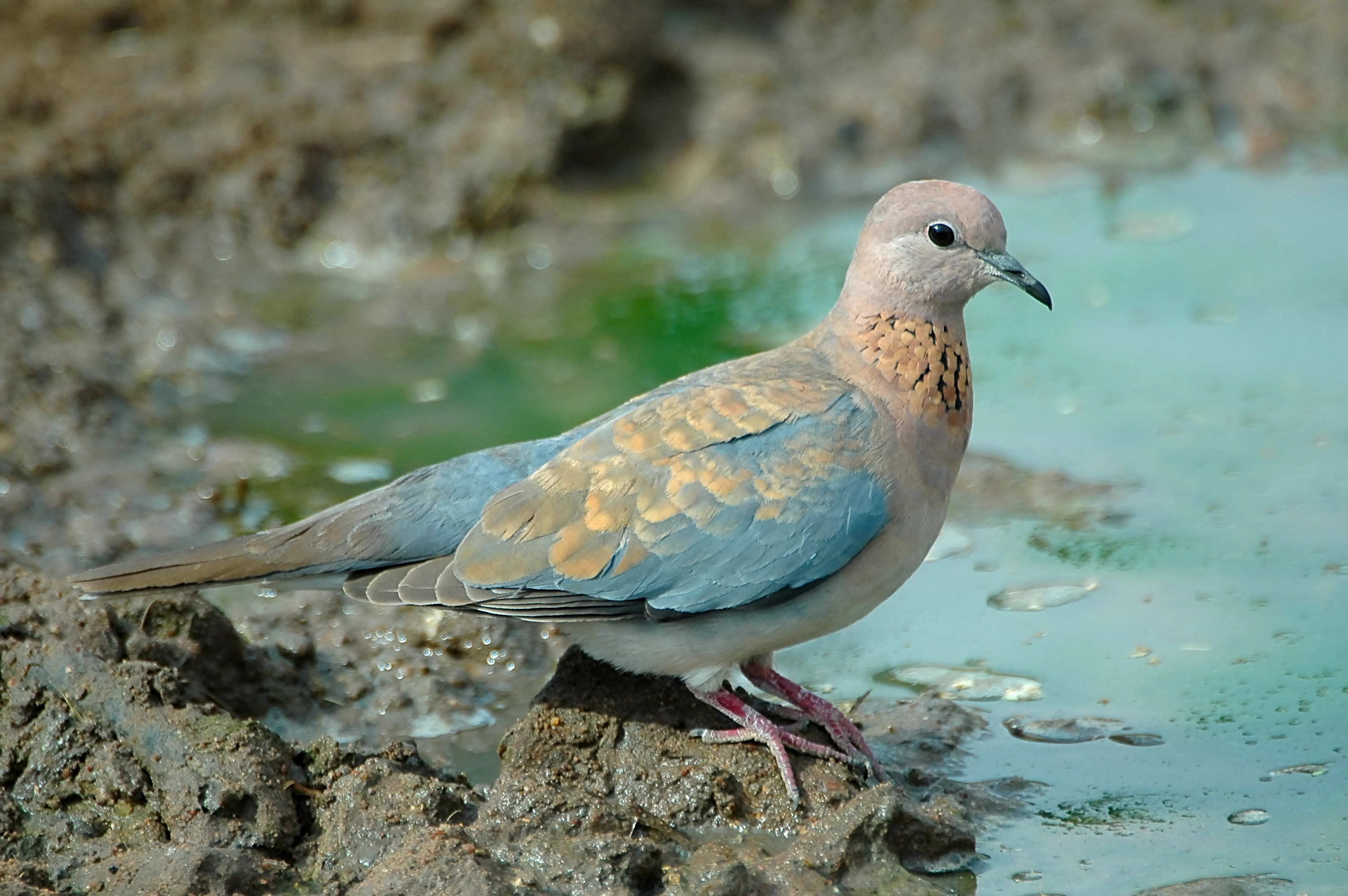With its preferred breeding ground in urban areas, the small bird is on the rise
If you live in a populated area, you will have seen or heard the laughing dove, the small lilac pigeon with a pinkish underside, which sounds as if it is chuckling. They are currently taking Cyprus by storm.
With no natural predators in town, this opportunistic bird prefers the city life, making nests in anything from a plant pot to a windowsill, in crevices or under the eaves of houses. Neither is it shy of humans, and is displacing its native relatives.
It remains to be seen if the laughing doves will take over as they will have to contend with the larger pigeon.
Experts advise to wait and see, as no definite prediction could be made.
Over recent years, isolated hunters have posted the release of laughing doves into the wild on social media, despite the release of foreign birds being forbidden by law.
The purpose was to have more birds to hunt, however laughing doves prefer built-up areas and have managed to elude the hunters, an ideal scene for undisturbed reproduction almost all year round.

Laughing doves will build a flimsy nest with a few twigs for their typical clutch of two eggs, which take a fortnight to hatch.
“The laughing dove population in Cyprus has indeed grown greatly,” BirdLife Cyprus campaign coordinator Tasos Shialis told the Cyprus Mail.
“Laughing doves should not have been in Cyprus per se and they tend to live more in urban centres than in the countryside,” he said of this slim pigeon with a long tail, which typically reaches 25cm in length.
He explained that collared doves and turtle doves are the most common in Cyprus, with laughing doves being found only in pet shops some years back.
“There are fewer collared doves now and more laughing doves. These species compete for viable areas and, as we don’t have unlimited habitats, we may lose our own species,” Shialis said.
Describing the demeanour of the laughing dove, Shialis said they are “less susceptible to disturbance from man.”
“Wherever they find a hole the go in. They even make nests in plant pots. You can be away for two or three days and they will find a place to lay their eggs,” he said.
Shialis said “they make simple nests with about five or six twigs and then lay their eggs.”
“They are very opportunistic birds. Over the past two or three years their population has greatly increased and they are affecting native species. We can see it,” he said.
Nikos, who is blind, told the Cyprus Mail he can hear the birds from his apartment in Nicosia and “its sounds as if they are laughing.
“In 2019 I had heard them on the internet only. I knew some existed in Cyprus but there were not many. Slowly, from the end of 2021, I started hearing them more often and then everywhere I went,” Nikos said.
“It seemed very odd that they had spread so fast. I hear them all year round,” Nikos said.
Since Autumn 2022, it is allowed to hunt the species to limit its impact on the local collared dove and turtle dove species.
In 2014 BirdLife said only a few colonies of laughing dove were recorded in Cyprus.
“By the end of the year 2014, it was clear that the laughing dove – once classified as only an ‘accidental visitor’ to Cyprus – was breeding on Cyprus, in small but also apparently increasing numbers,” their report said.
It added: “the potential establishment and expansion of the laughing dove as a new breeding species is worth keeping a close watch on.”







Click here to change your cookie preferences